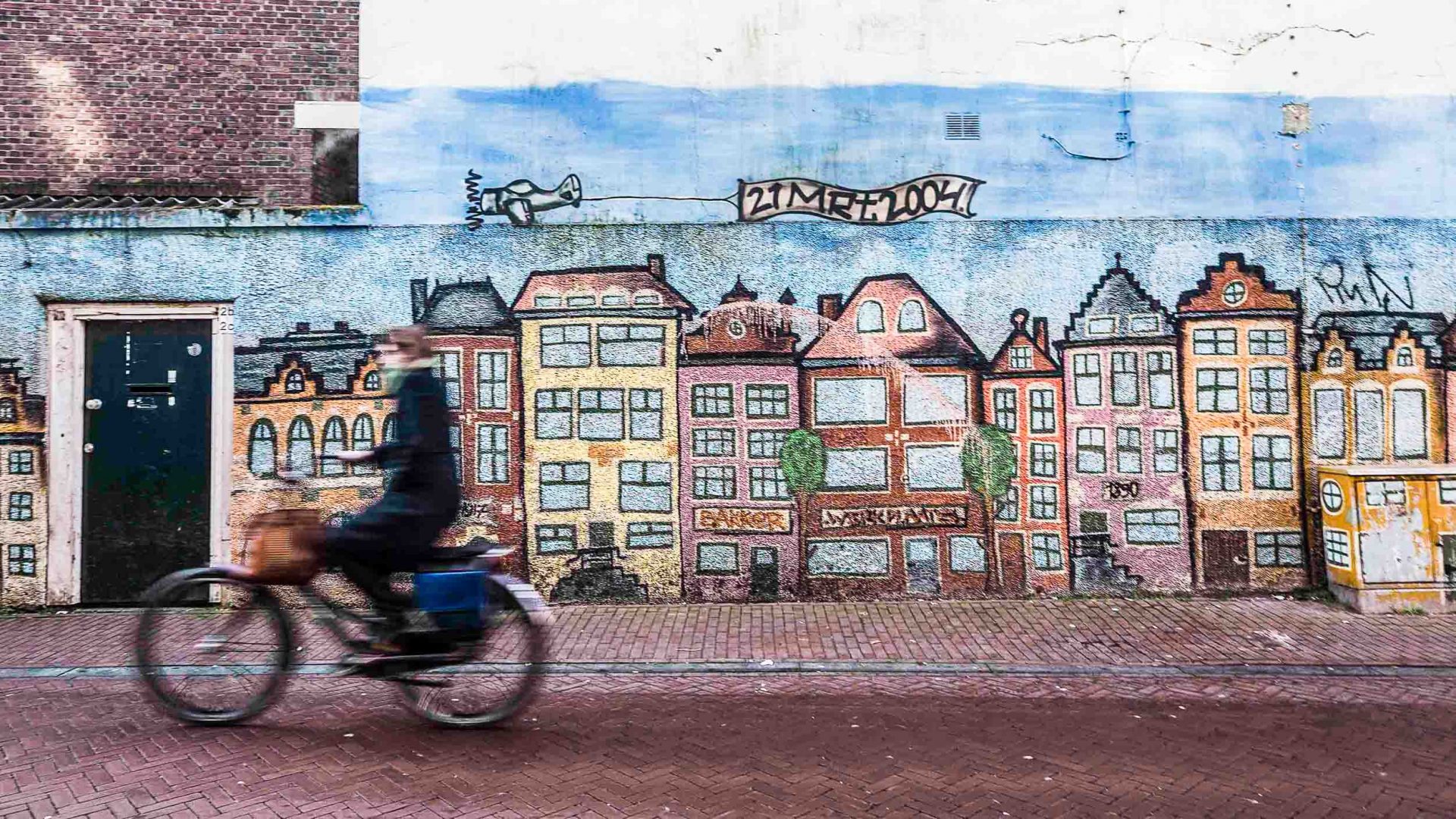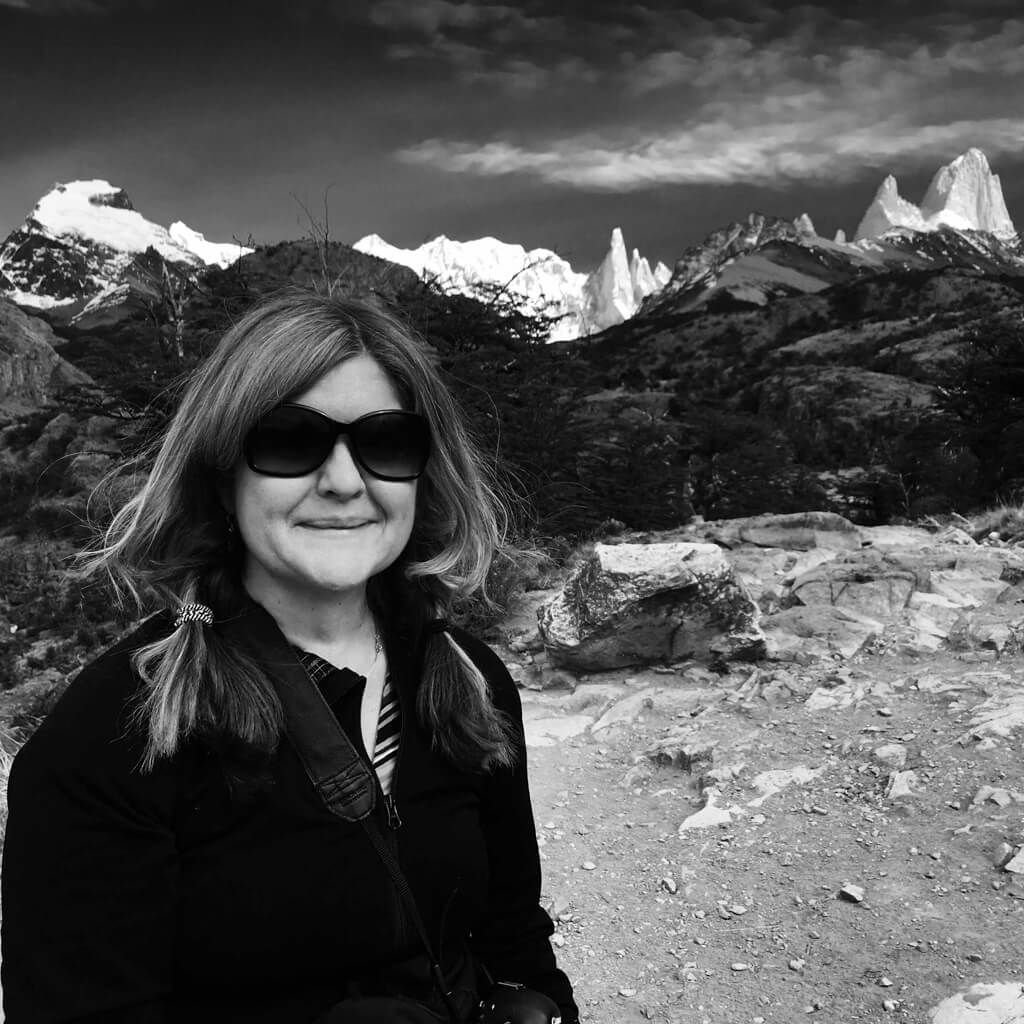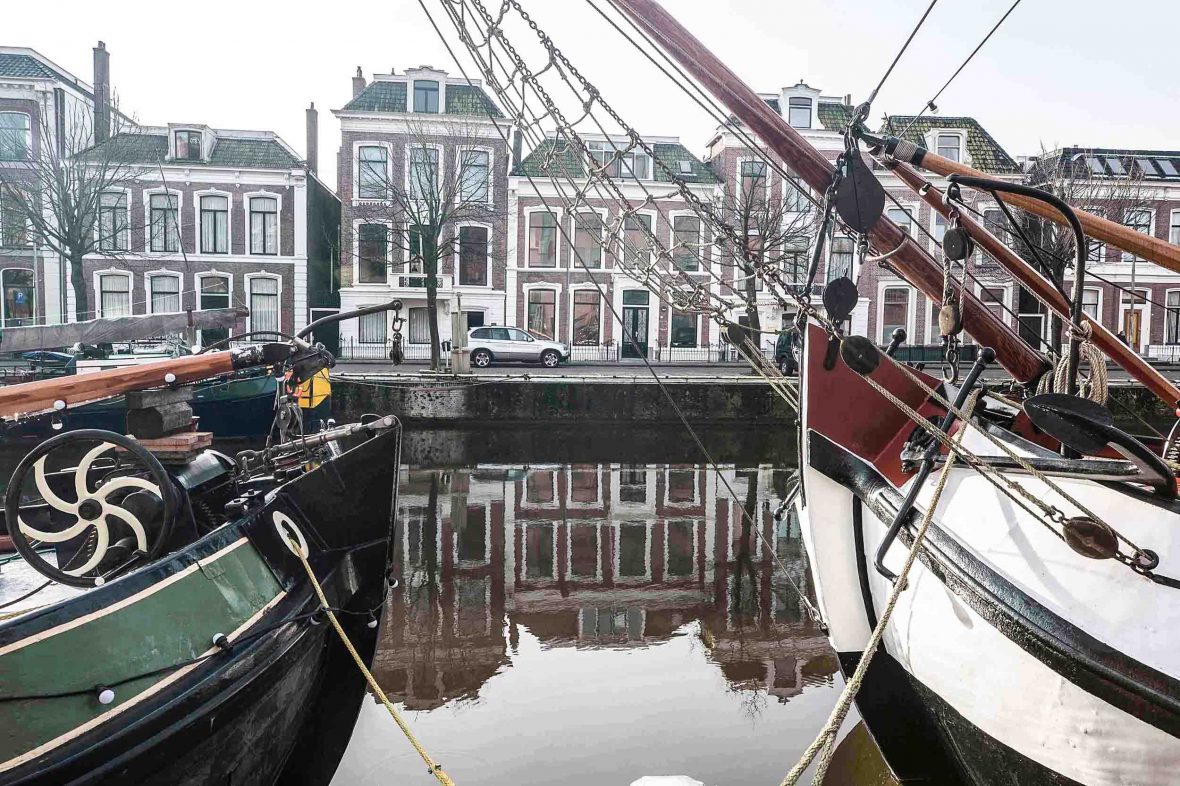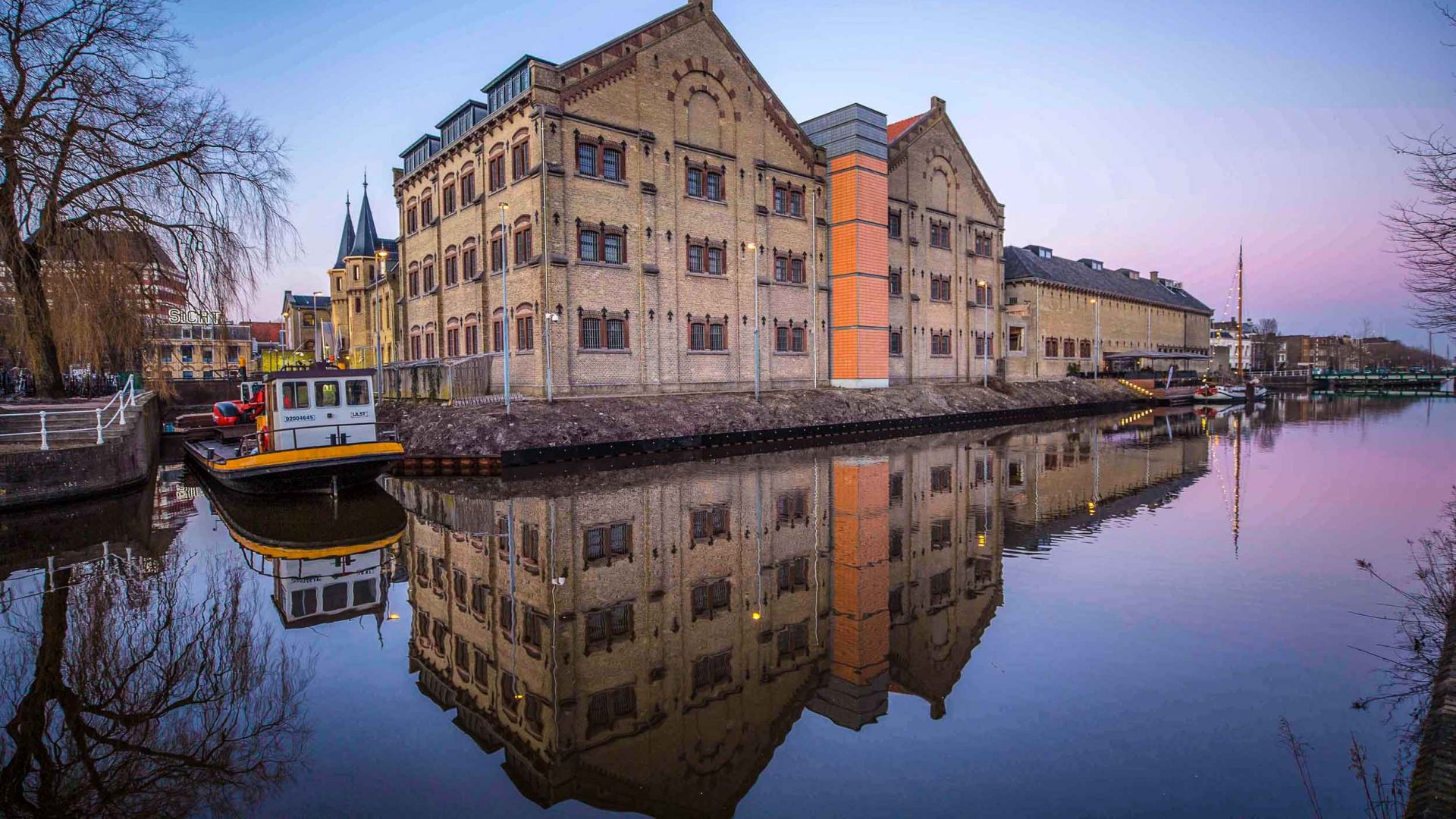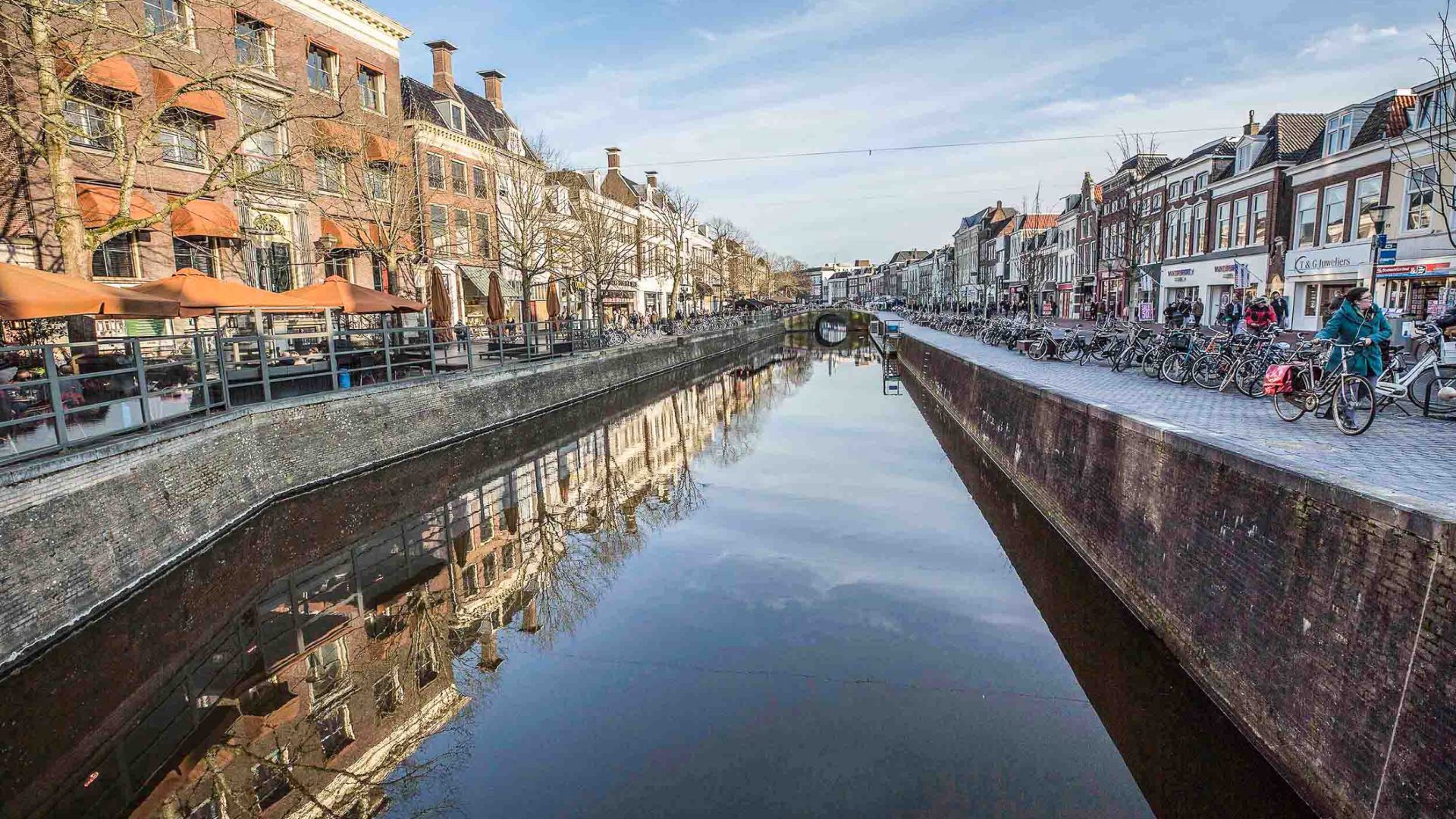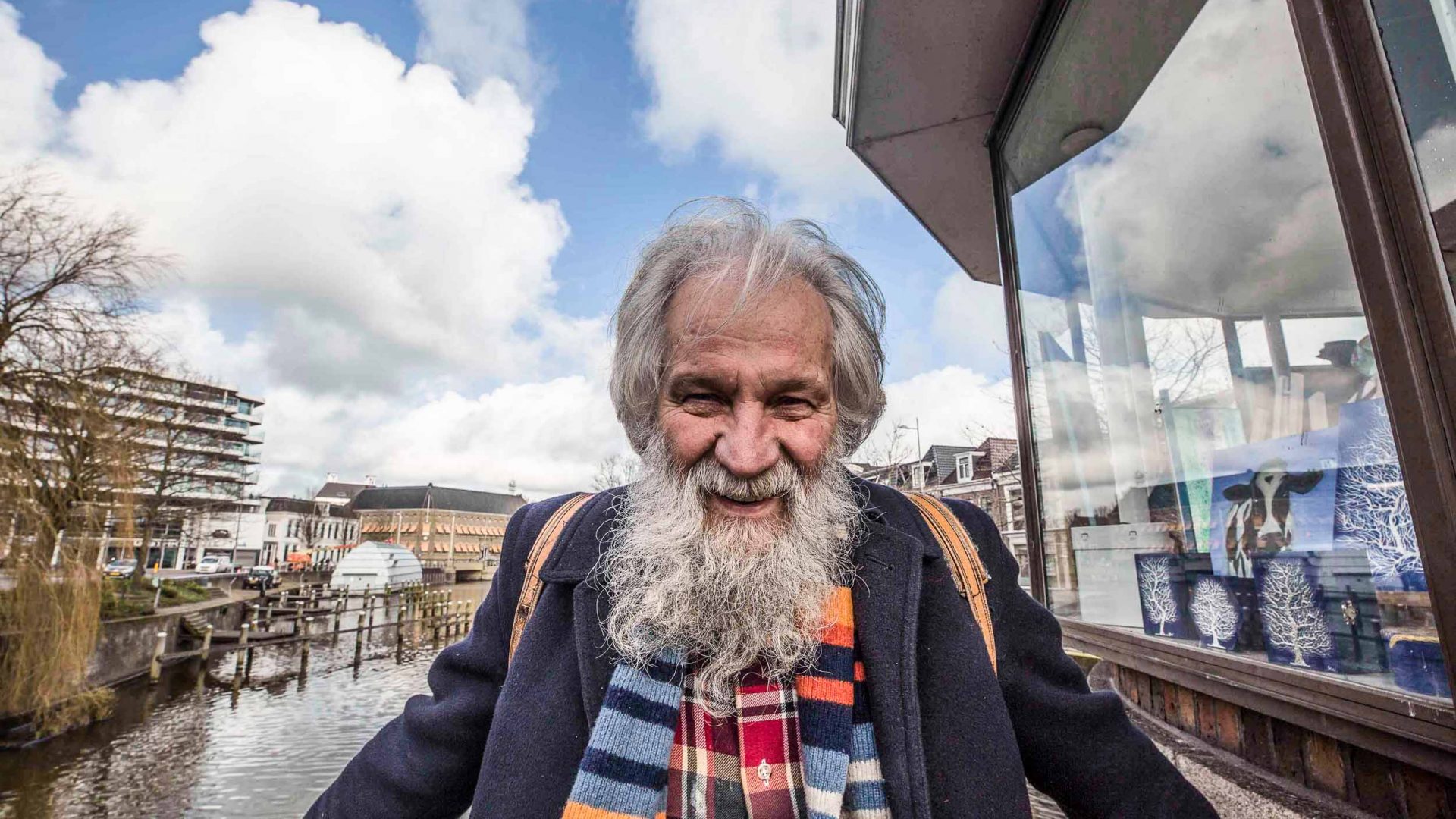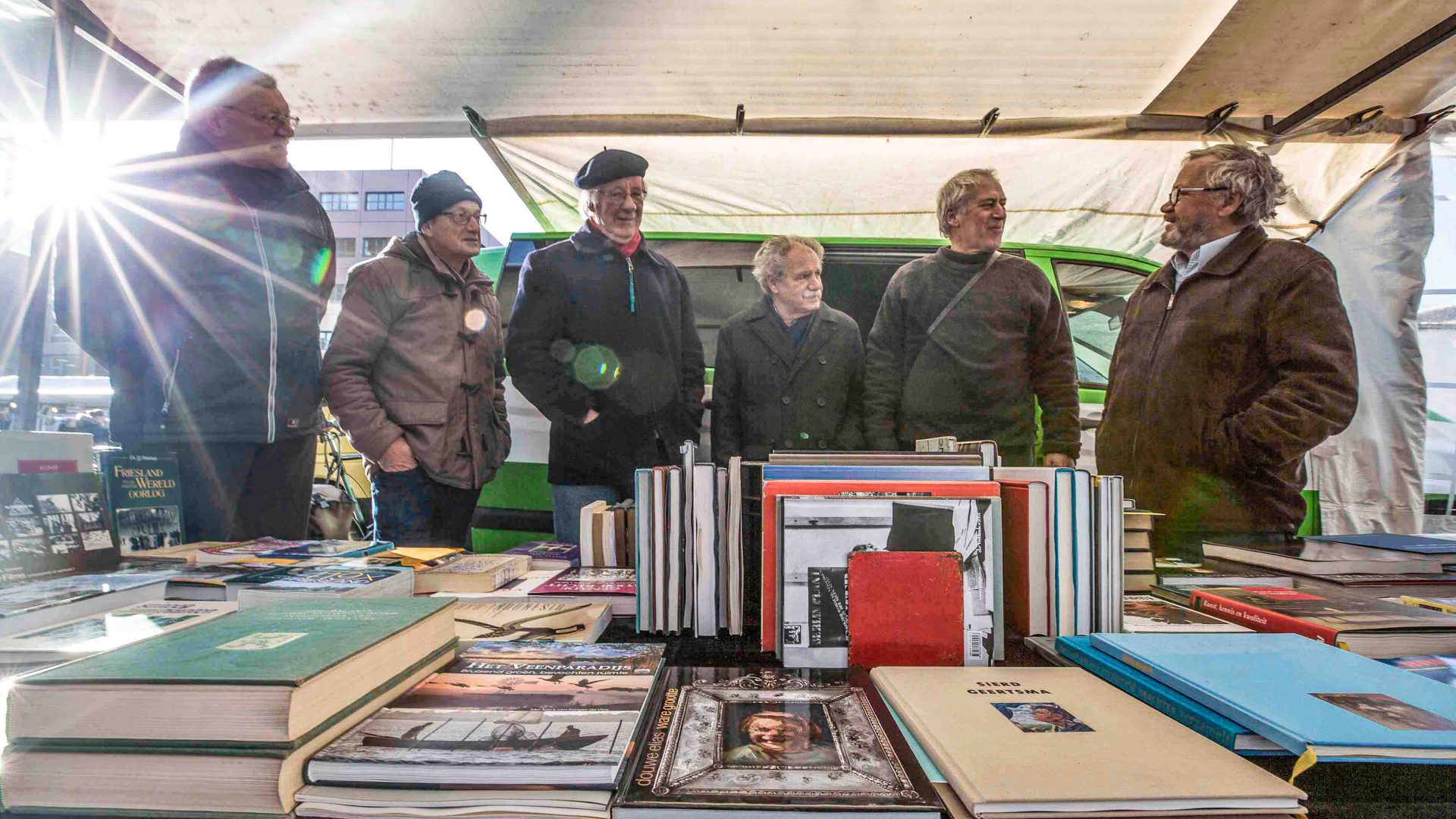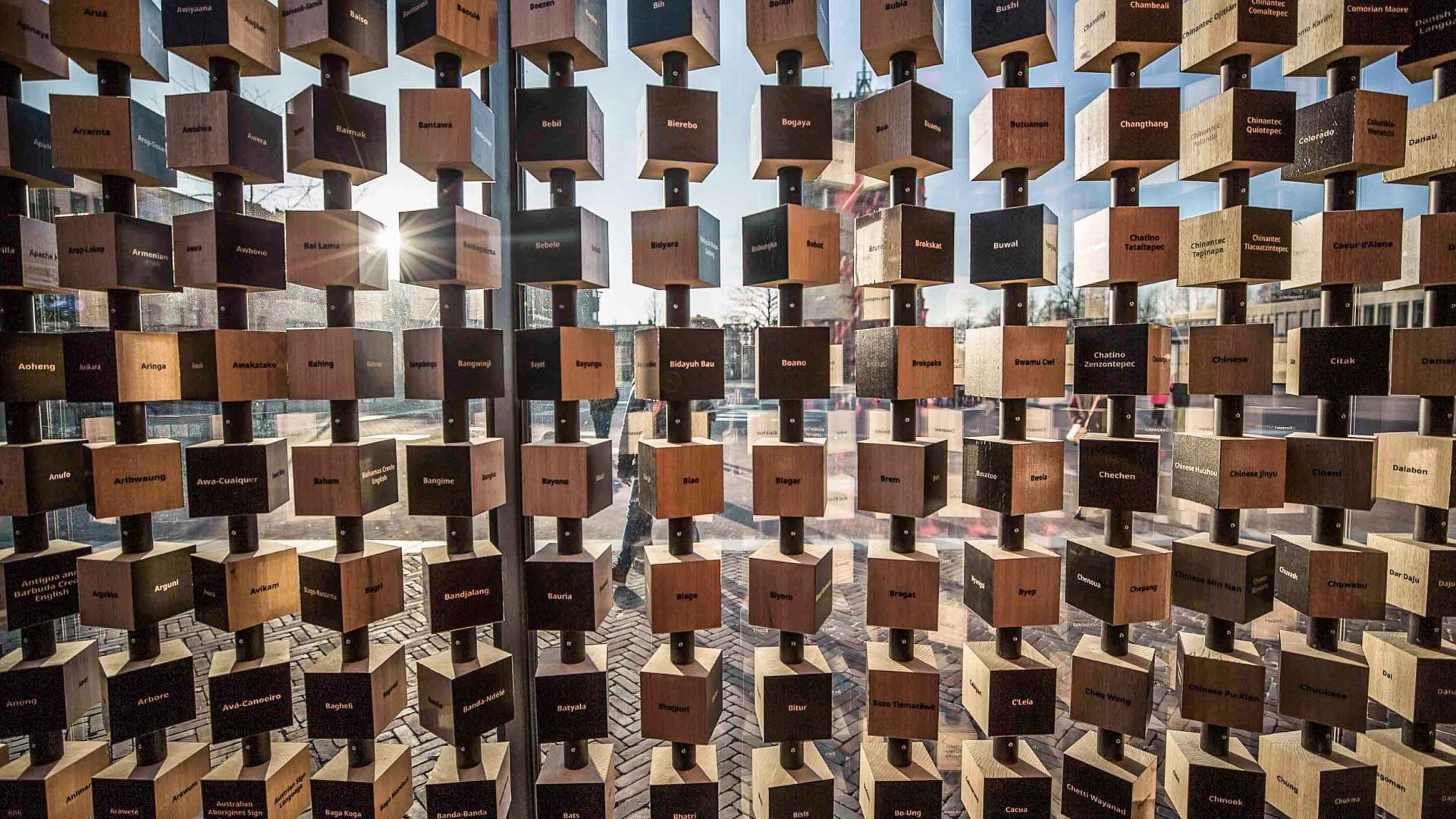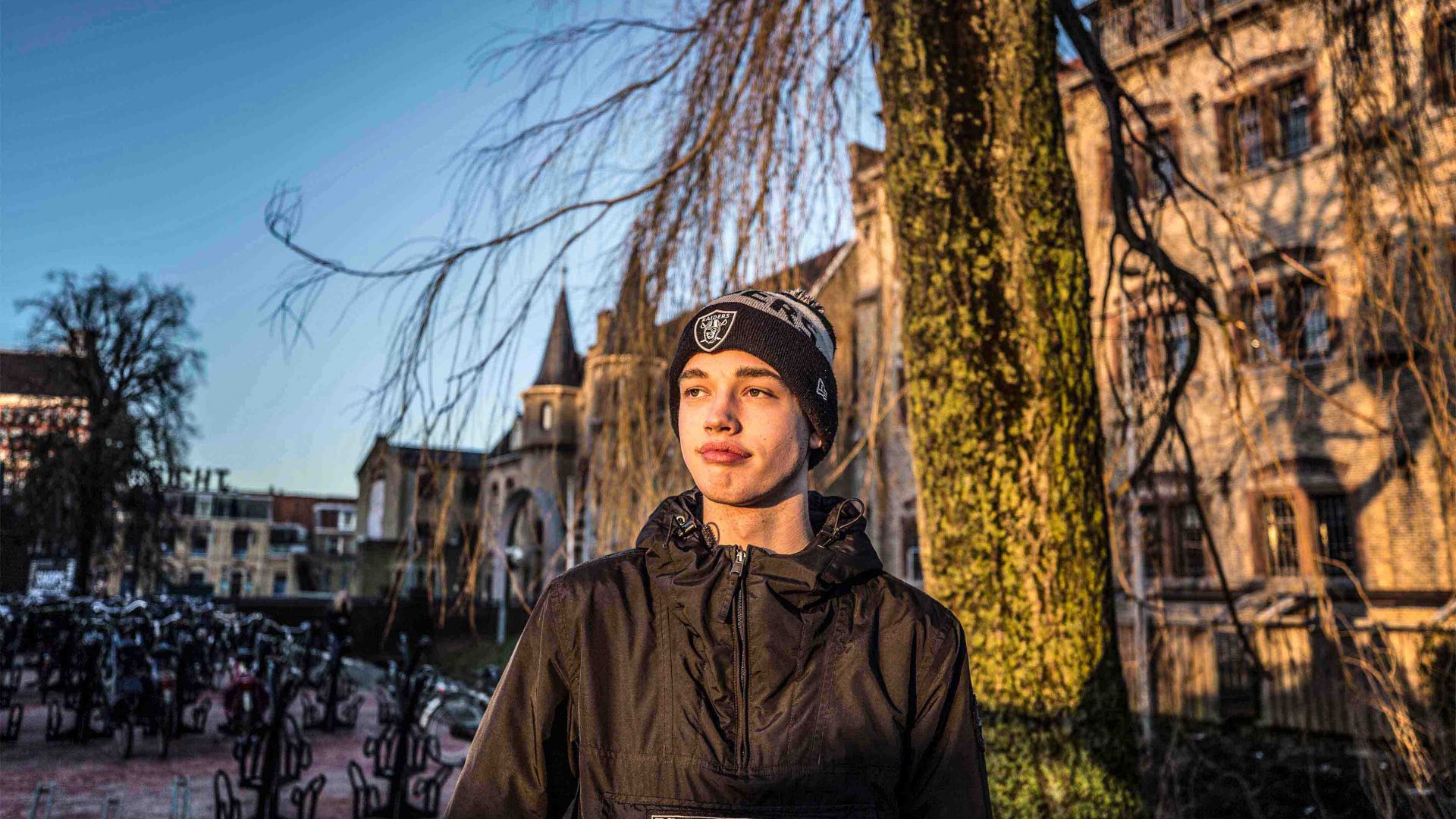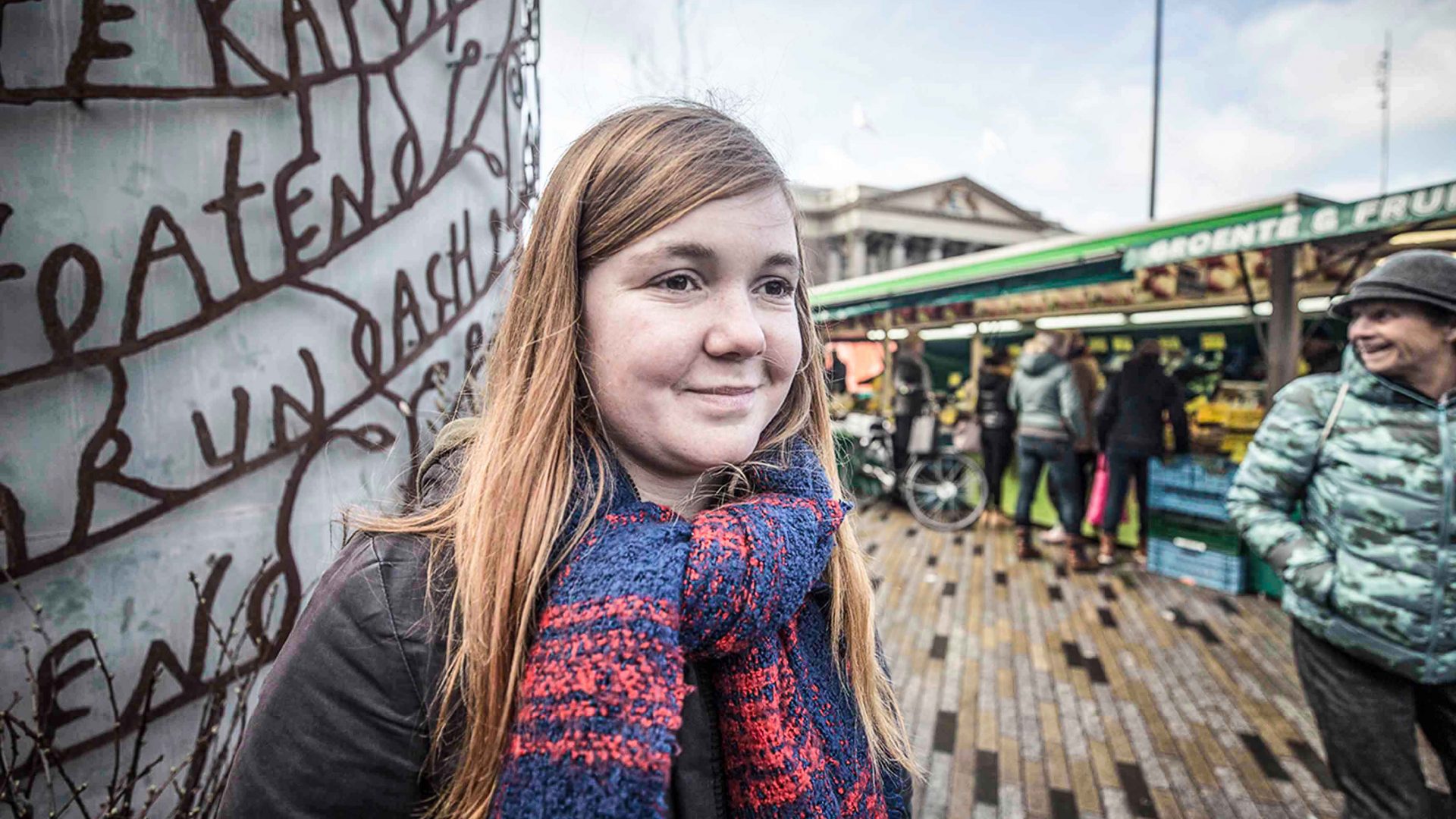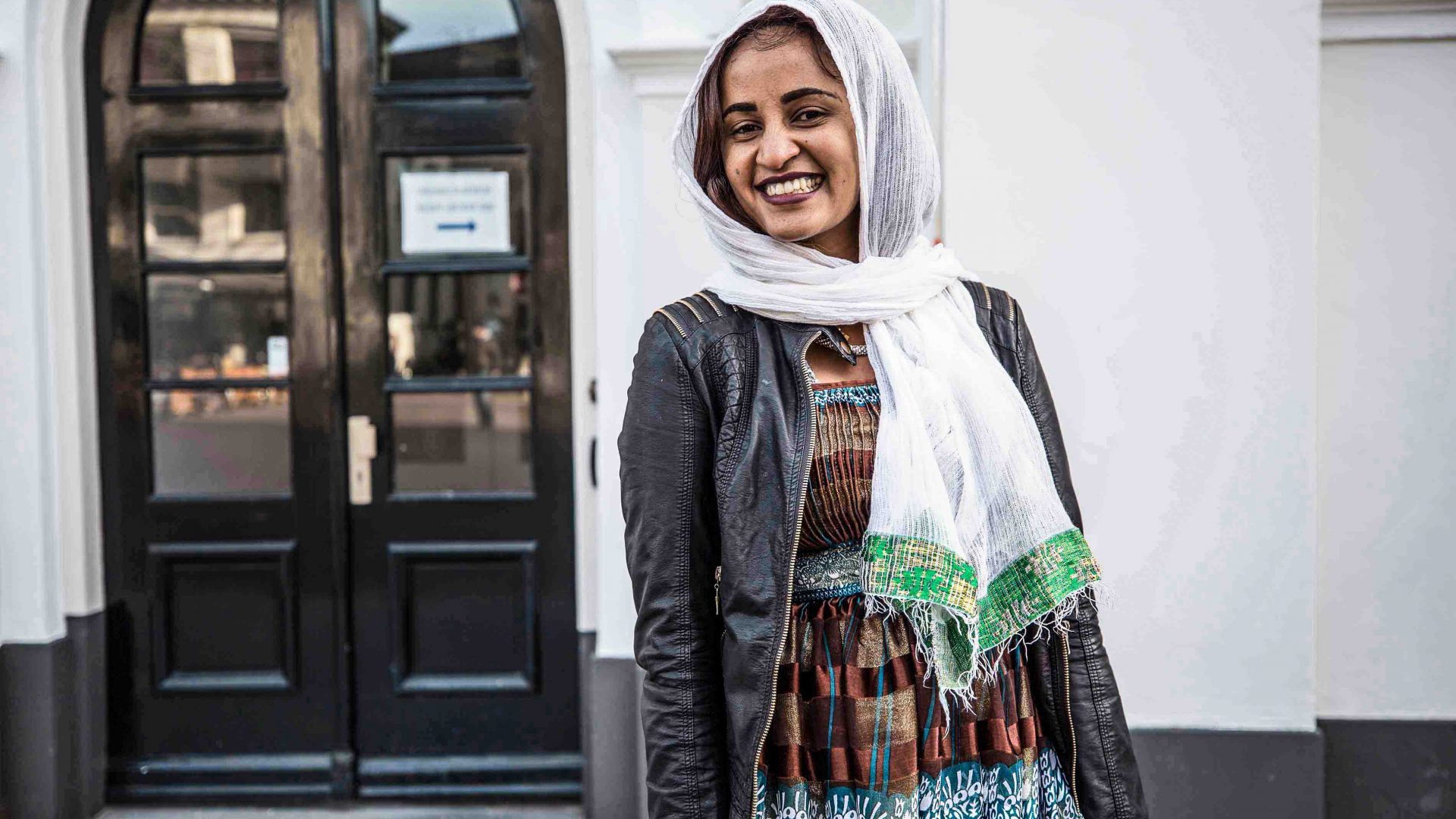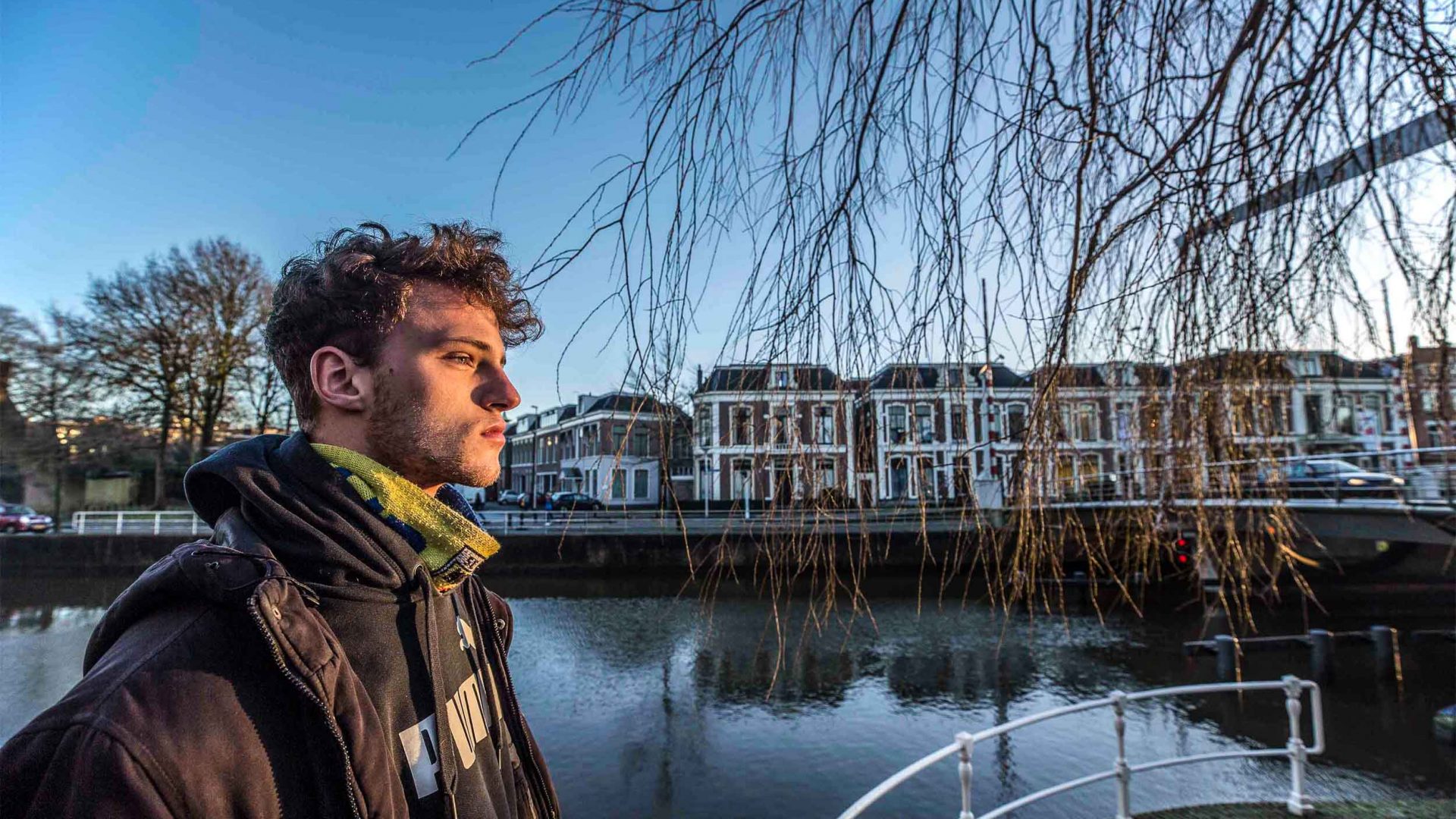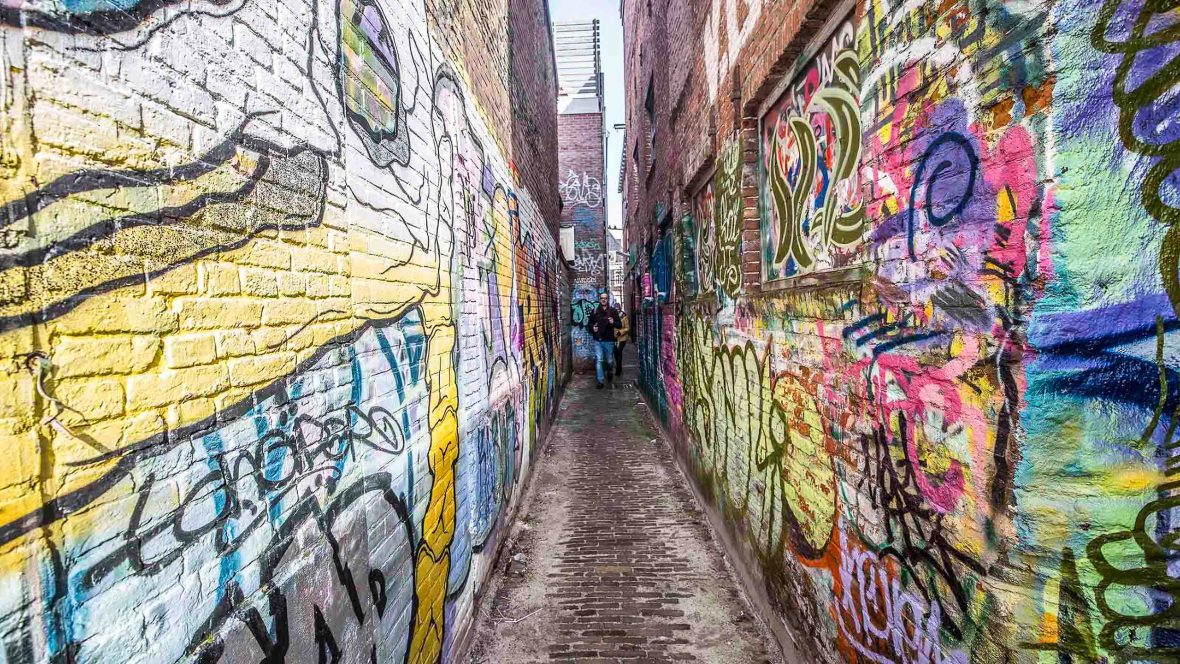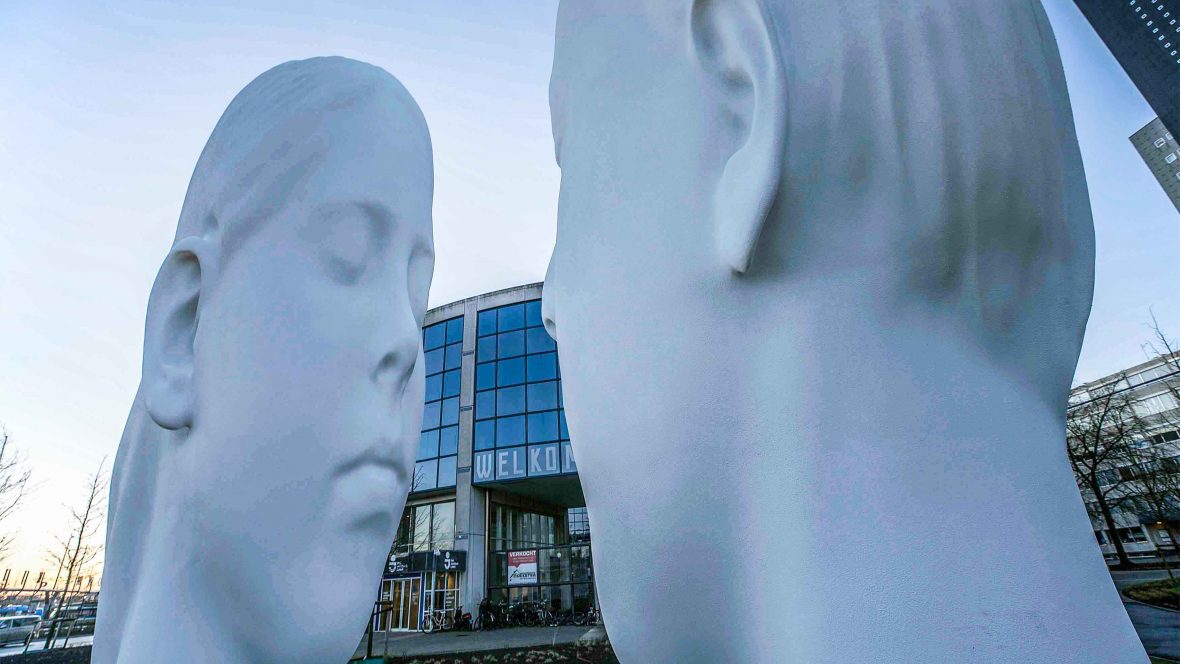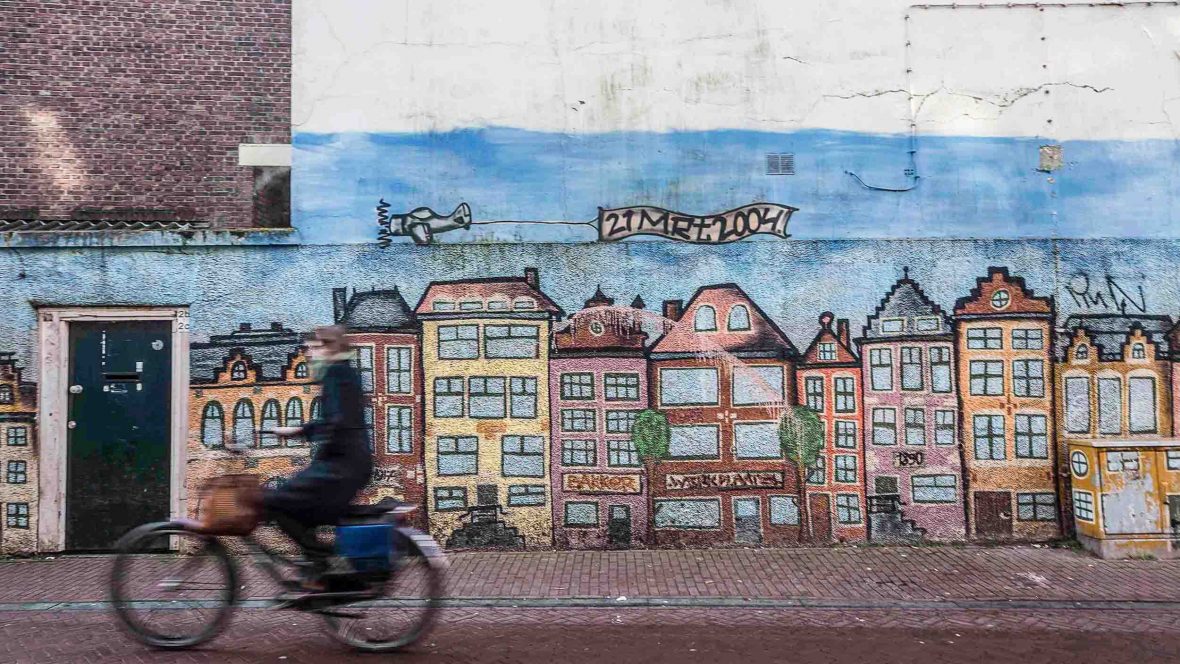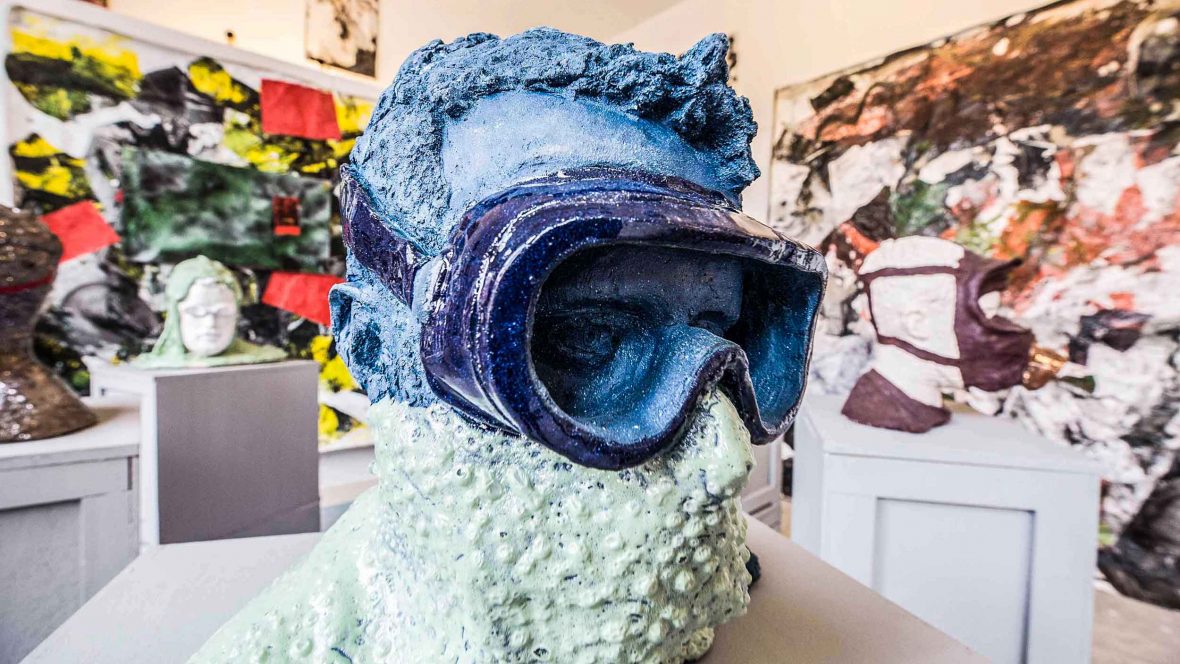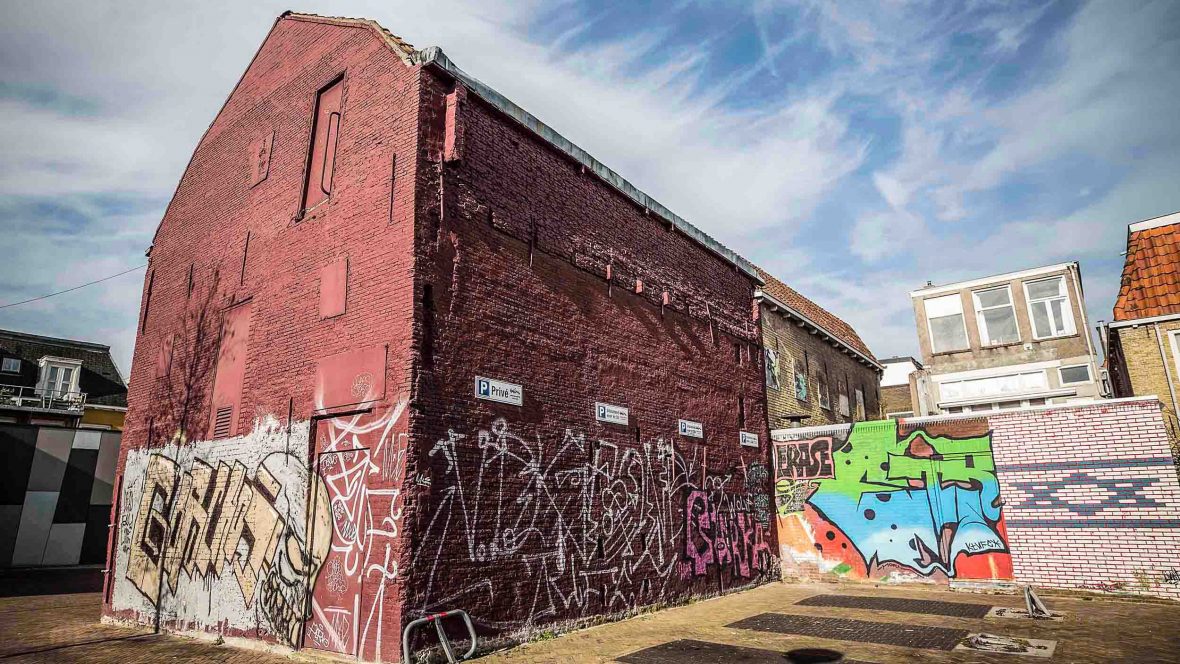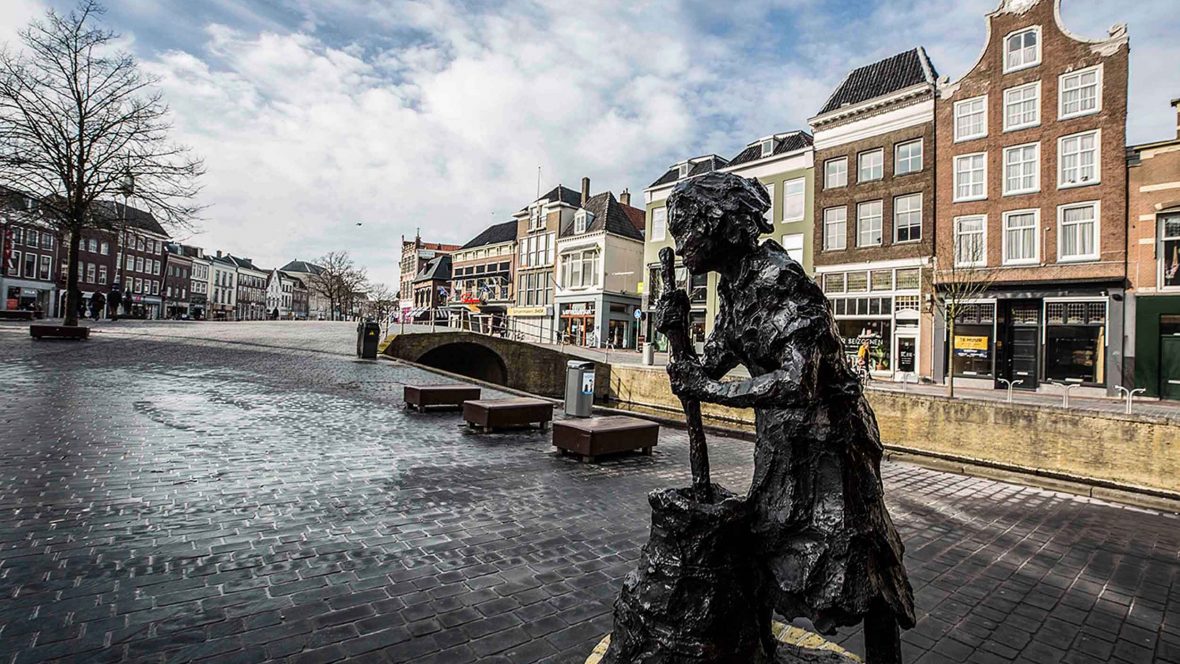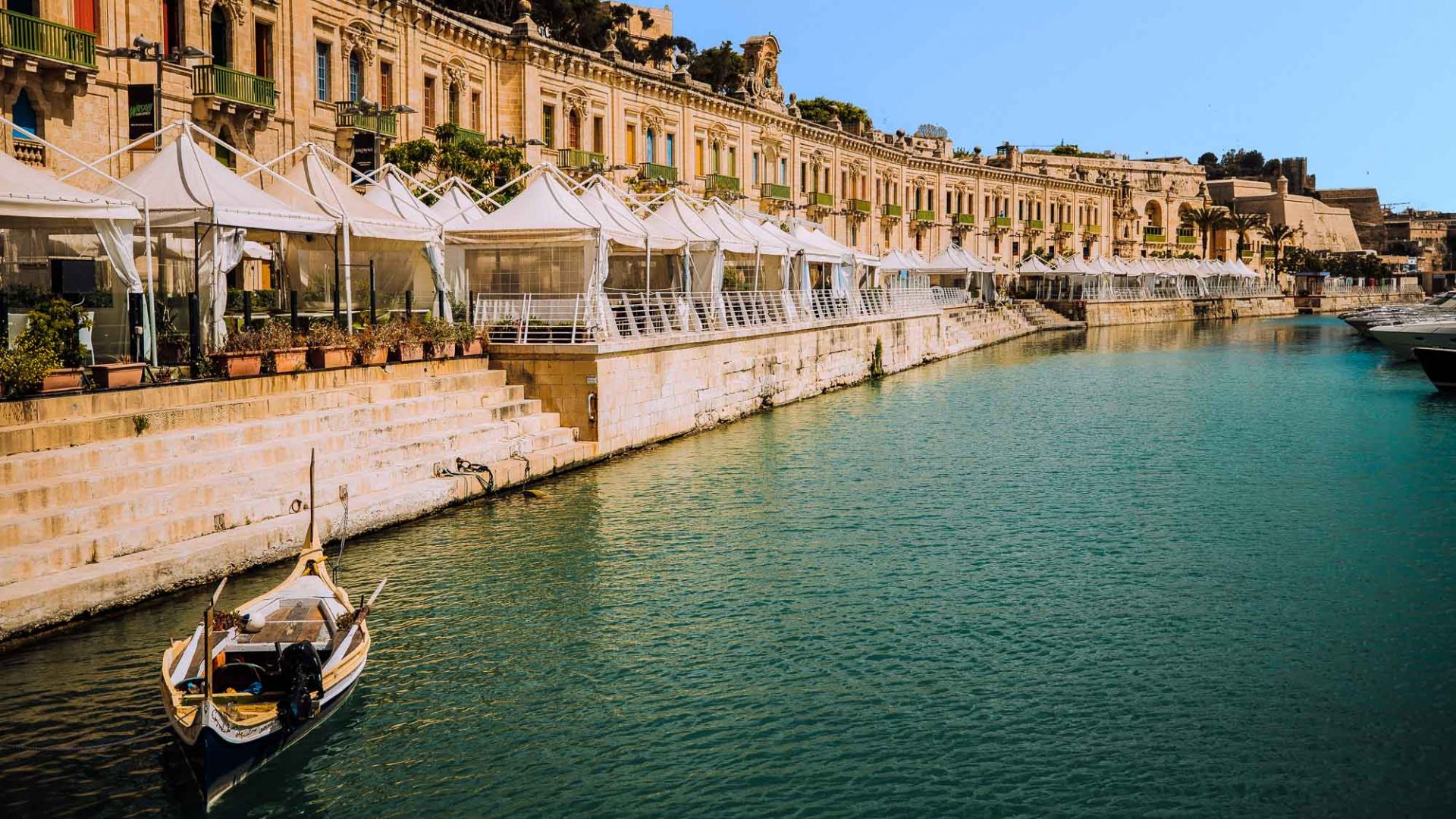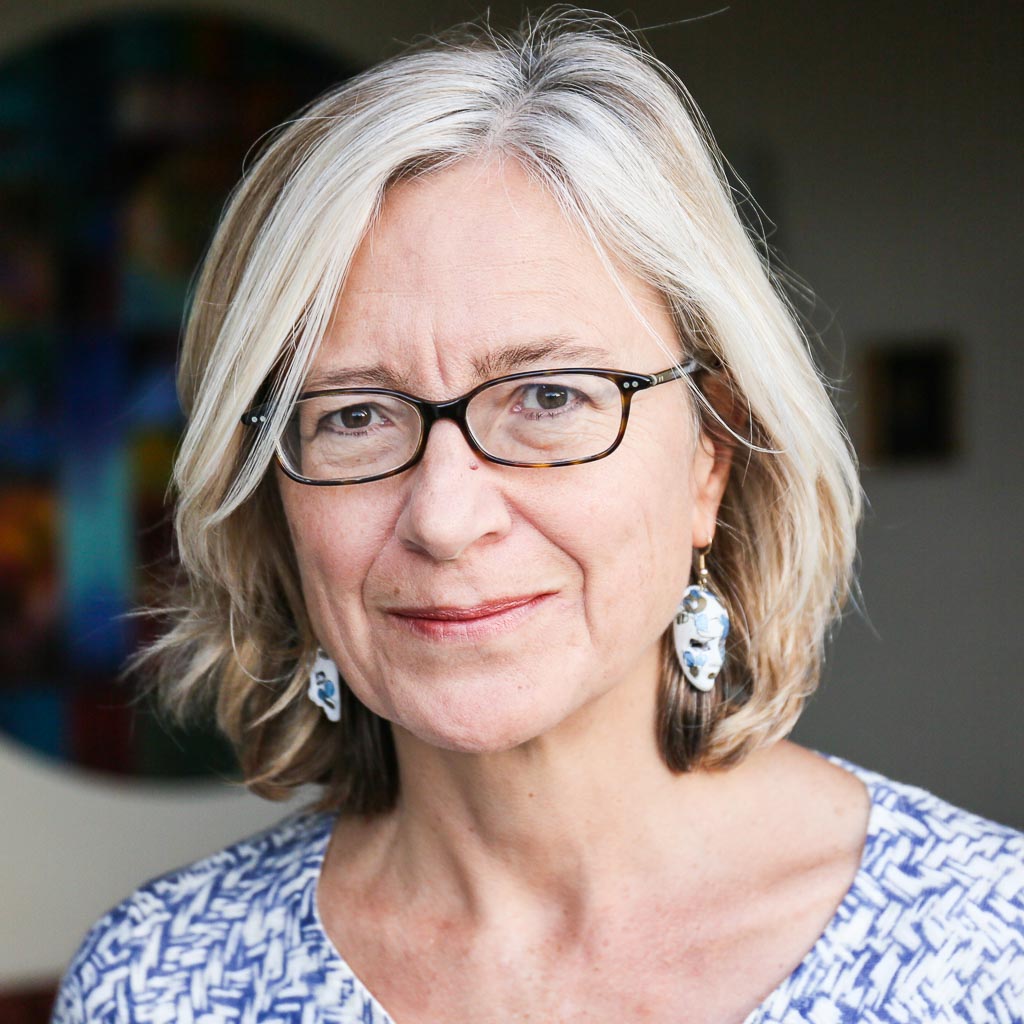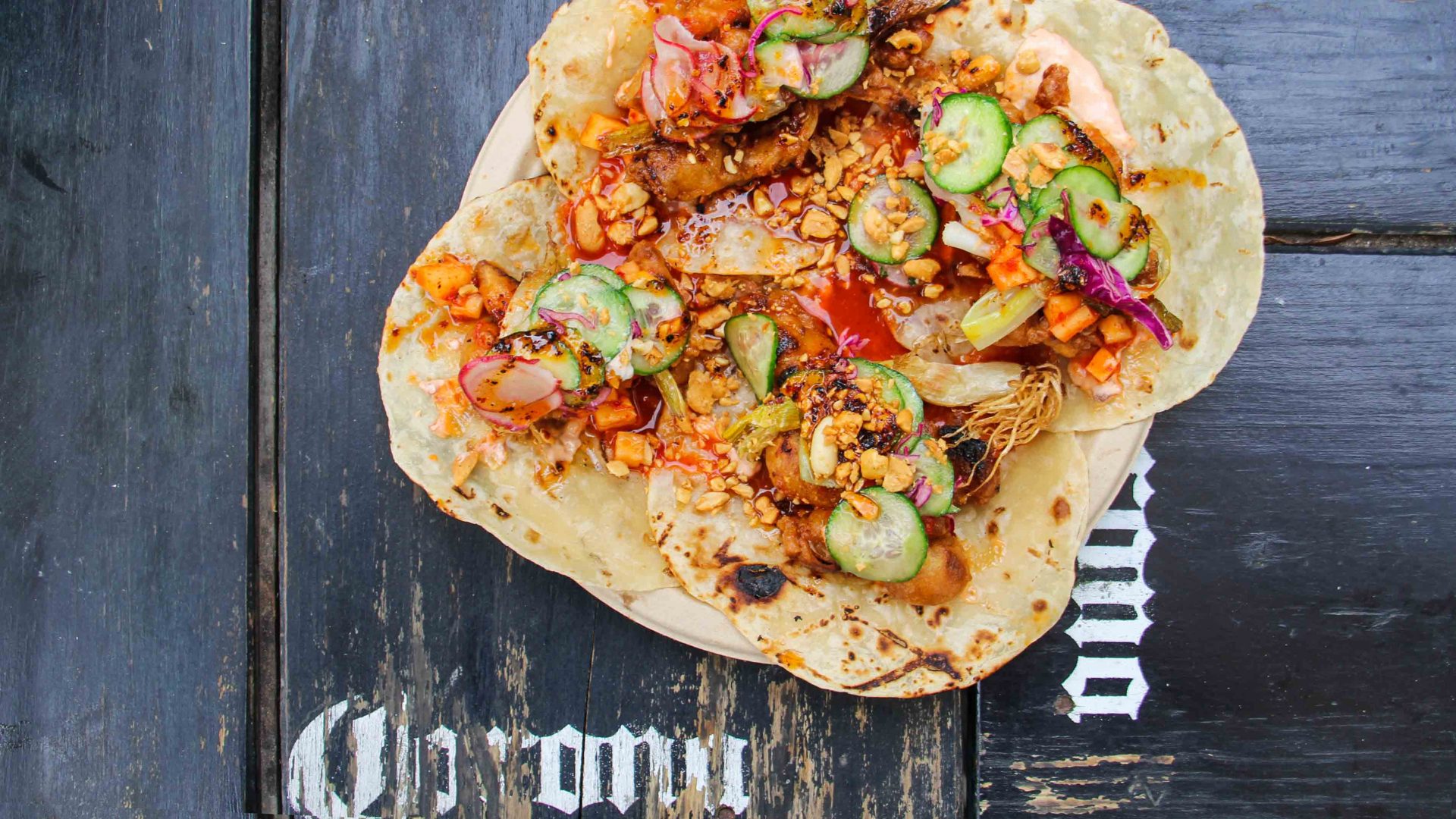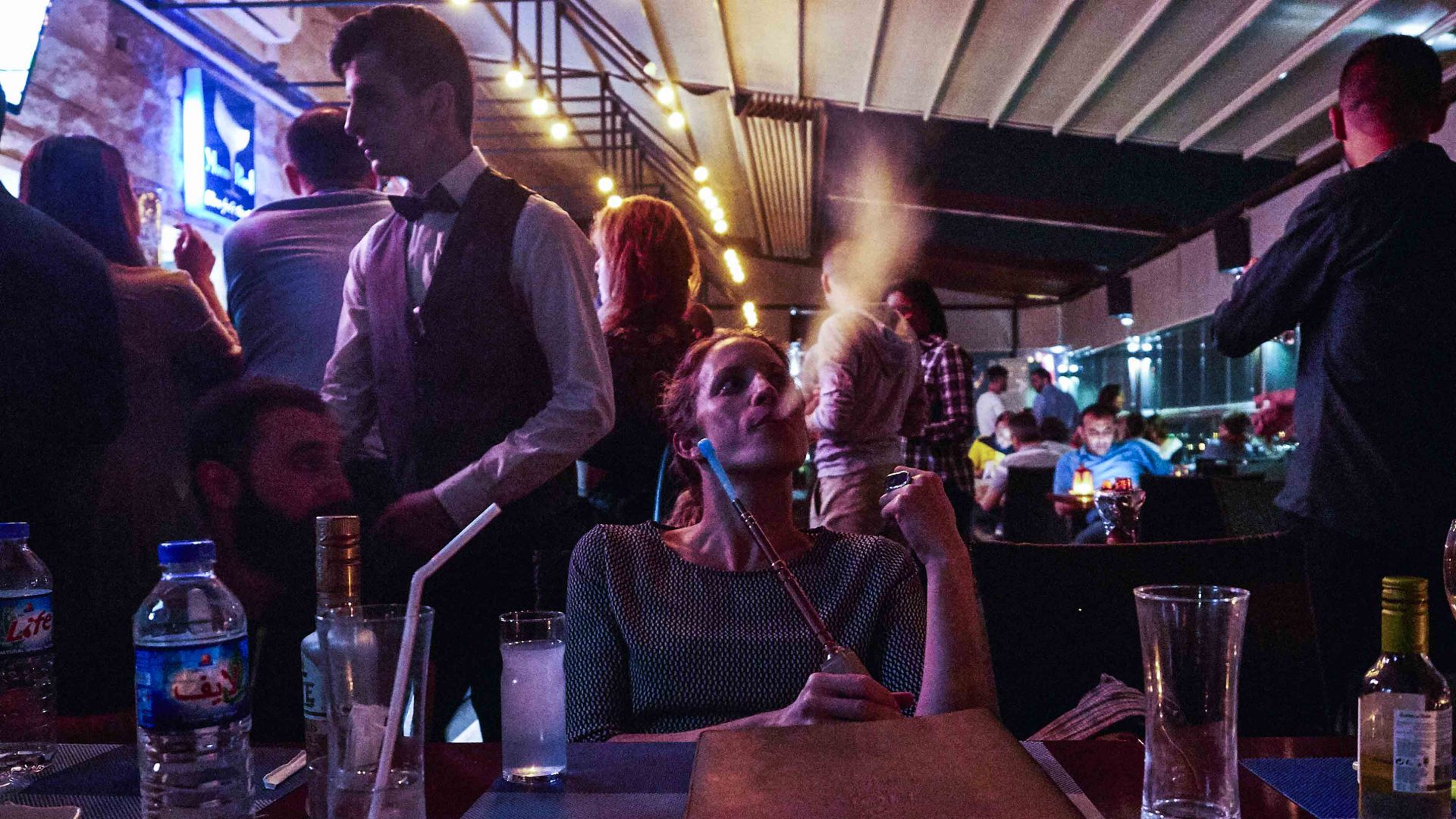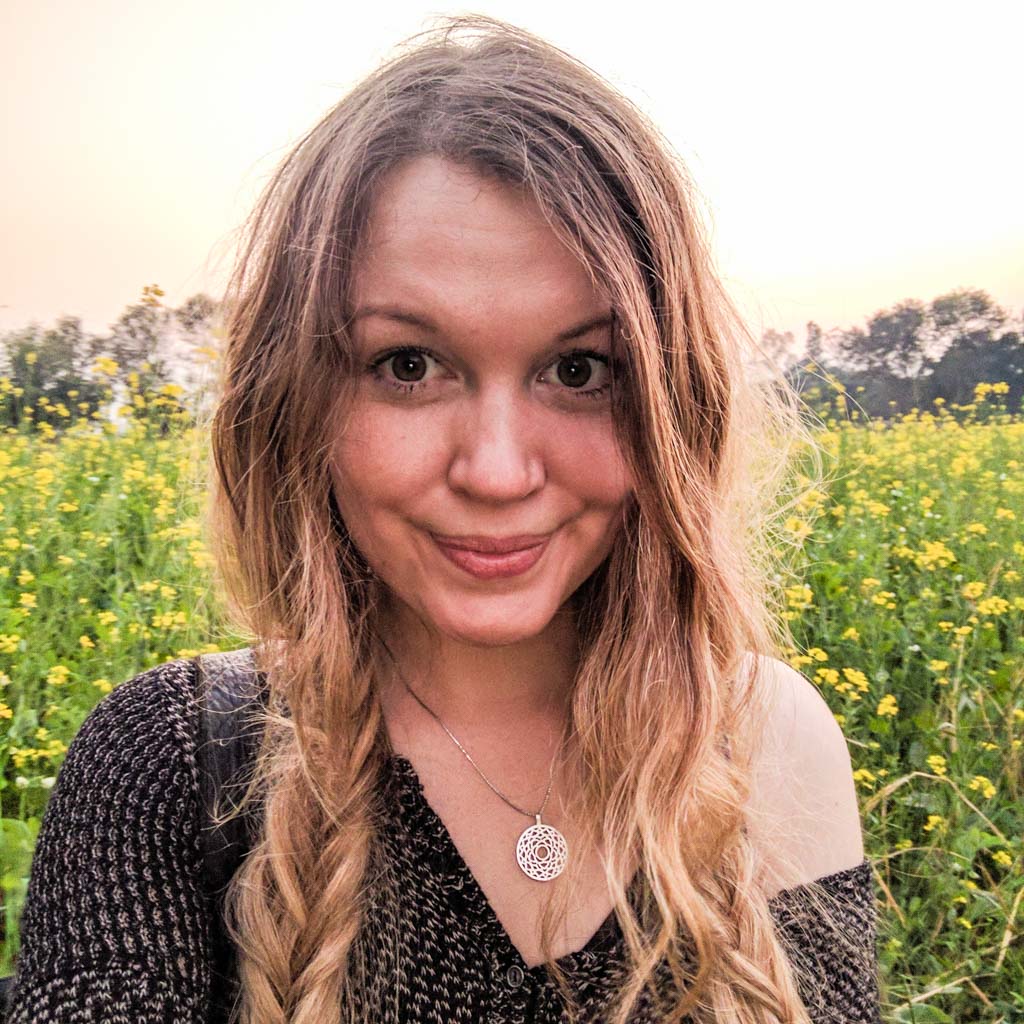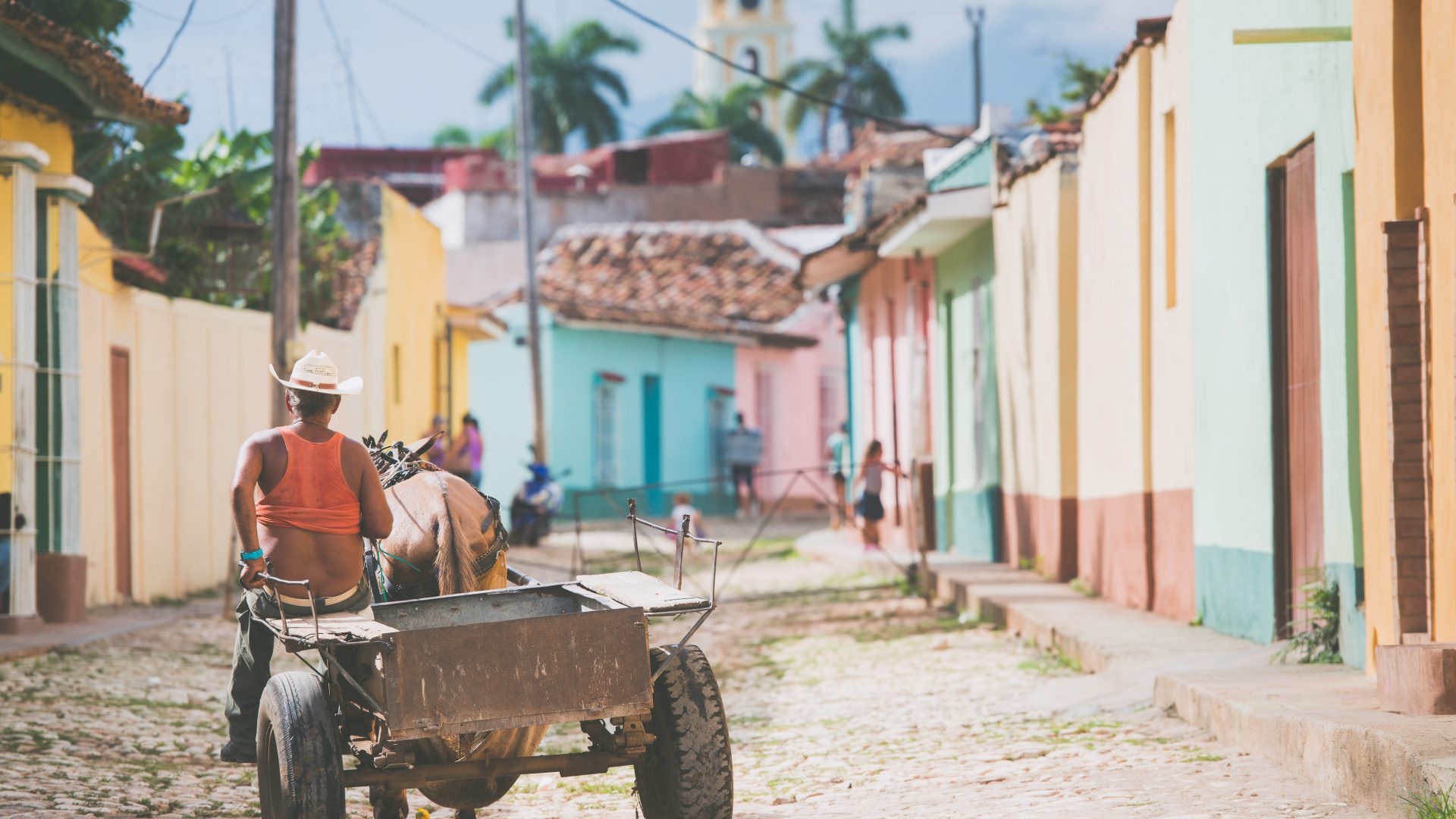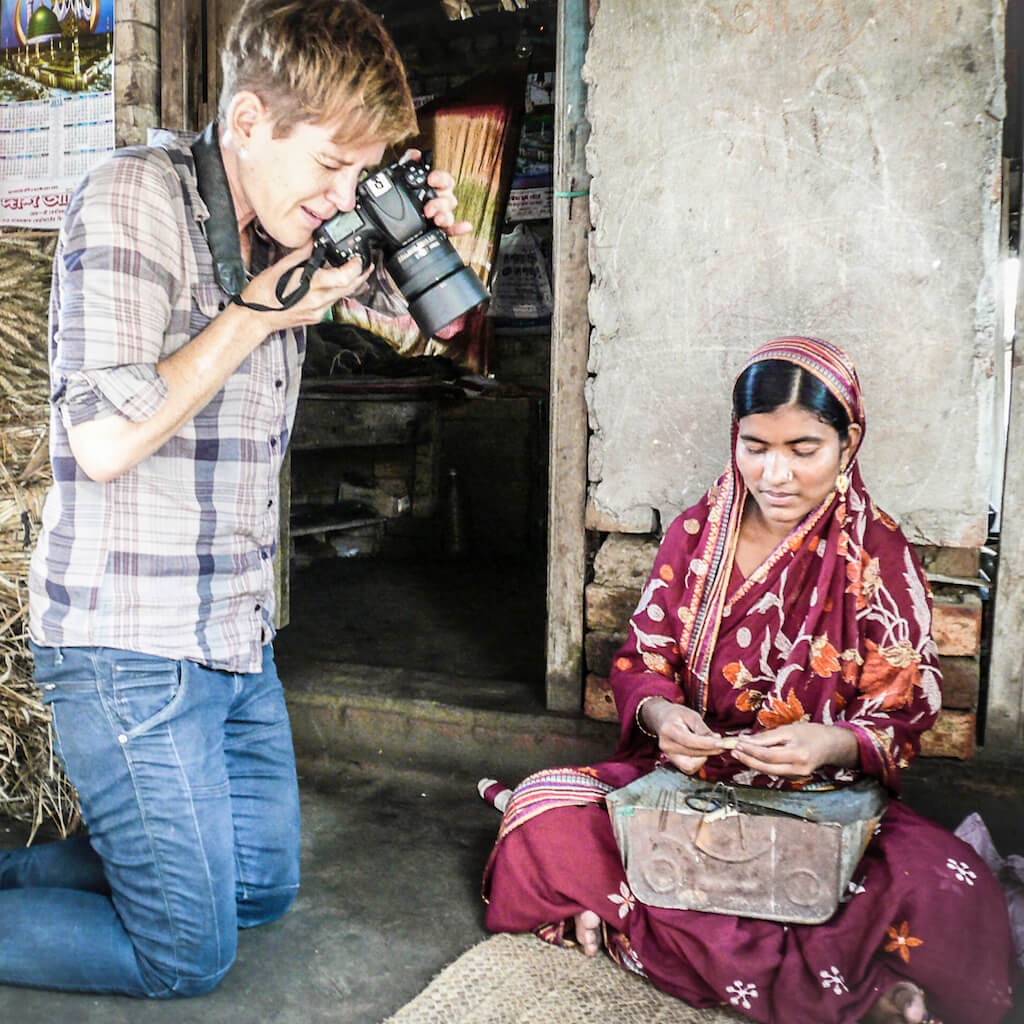With the spotlight on this unsung corner of the Netherlands, it’s time for this European Capital of Culture for 2018 to show off. And it’s doing so with a powerful theme: Celebrating the diverse community that makes this Dutch city what it is.
In many ways, Leeuwarden is a typical Dutch city. The hub of the region of Friesland—home to those pretty black-and-white Friesian cows—it has the usual vast number of monuments (over 600, if we’re counting), street after street of artisanal shops, and an impressive Jacobean church. Cobbled streets wind between rows of architectural masterpieces in the medieval city center, with only narrow canals to separate them, and historic sailing vessels—former Dutch commercial ships—are a reminder of Leeuwarden’s Golden Age of trade.
But as one of this year’s two European Capitals of Culture, Leeuwarden is shaking off its dusty, traditional image. Up to now, it may only have been known only for those Friesian cows and large cattle market, but the city is flexing its metaphorical muscles, reaching out across its borders, and going for something a little more cutting-edge. In fact, its 16th-century Oldehove—a tower that leans more than Pisa—has become a symbol of the city and its people: Quirky and somewhat unconventional, but definitely upright.
Of course, it’s got all the usual events one expects of anywhere that’s awarded a cultural accolade. There’s a focus on art galleries, museum collections, street parades (with giant puppets, no less), plus theater and music events throughout the year. Kicking off Leeuwarden’s year was the Mata Hari exhibition, which brought to life the city’s most renowned femme fatale, accused of working as a German spy, in an interactive display at the Fries Museum. Another famous 20th-century Frisian, graphic artist Maurits Cornelis Escher, gets his turn later in the year.
RELATED: The other European Capital of Culture for 2018
But while this past is important, it’s the identity of the city’s current community which speaks more powerfully for many Frisians. And that’s why Iepen Mienskip or ‘open community’ is at the heart of 2018’s events, a program which aims to bring in the voices of people, young and old, from across the province, by way of debates, literature and installations. In doing so, Leeuwarden wants to address some of the controversial issues facing the western world—from refugees to climate change, racism to inequality—and tackle them.
But alongside this pride in being Frisian, there’s also a dichotomy of sorts, as explained by a group of millennials I meet by the canal near the old prison, now the Blokhuispoort arts and culinary center. “Friesland is built around Leeuwarden,” 18-year-old Brian Kats tells me, “but to an extent, Leeuwarden citizens are not all that Frisian.”
RELATED: Who’s behind Tijuana’s Mexican food revolution?
In fact, three of the four young people I talk to consider themselves Dutch first, as opposed to Frisian, and have big plans to see the world. One is training to be an army Red Beret, another has plans to become an air steward, and another dreams of working as a travel photographer. They’re outward-looking, and many people speak English, Dutch, Russian, Frisian and German. According to Bert Looper, director of Frisian history center Tresoar, “It feels like we’re flinging ourselves into an open European arena, rather than reading poems to each other in our own language in small rooms.” It certainly explains the choice of Iepen Mienskip or ‘open community’ as the European Capital of Culture’s theme of choice.
This sense of connecting with others is deeply ingrained in local culture. In winter, when the air is cold enough to create ice thick enough to walk on (at least 15 centimeters thick, to be exact), Leeuwarden and the other ‘Eleven Cities’ (historic Frisian cities) are linked by the Elfstedentocht, an almost 200-kilometer (124-mile) ‘ice-skating marathon’. This long-distance skating tour is so entrenched in Frisian legend that even the locals talk about it with awe. And when it happens, the entire province shuts for business, and every house becomes a hotel.
What’s clear is whether they consider themselves Dutch, Frisian or other, they’re all immensely proud of their community. Leeuwarden in 2018 is certainly something of a revelation—this is a city that is able to celebrate all that’s best from centuries past, celebrate its changing community, and look ahead—all at the same time.
—-
